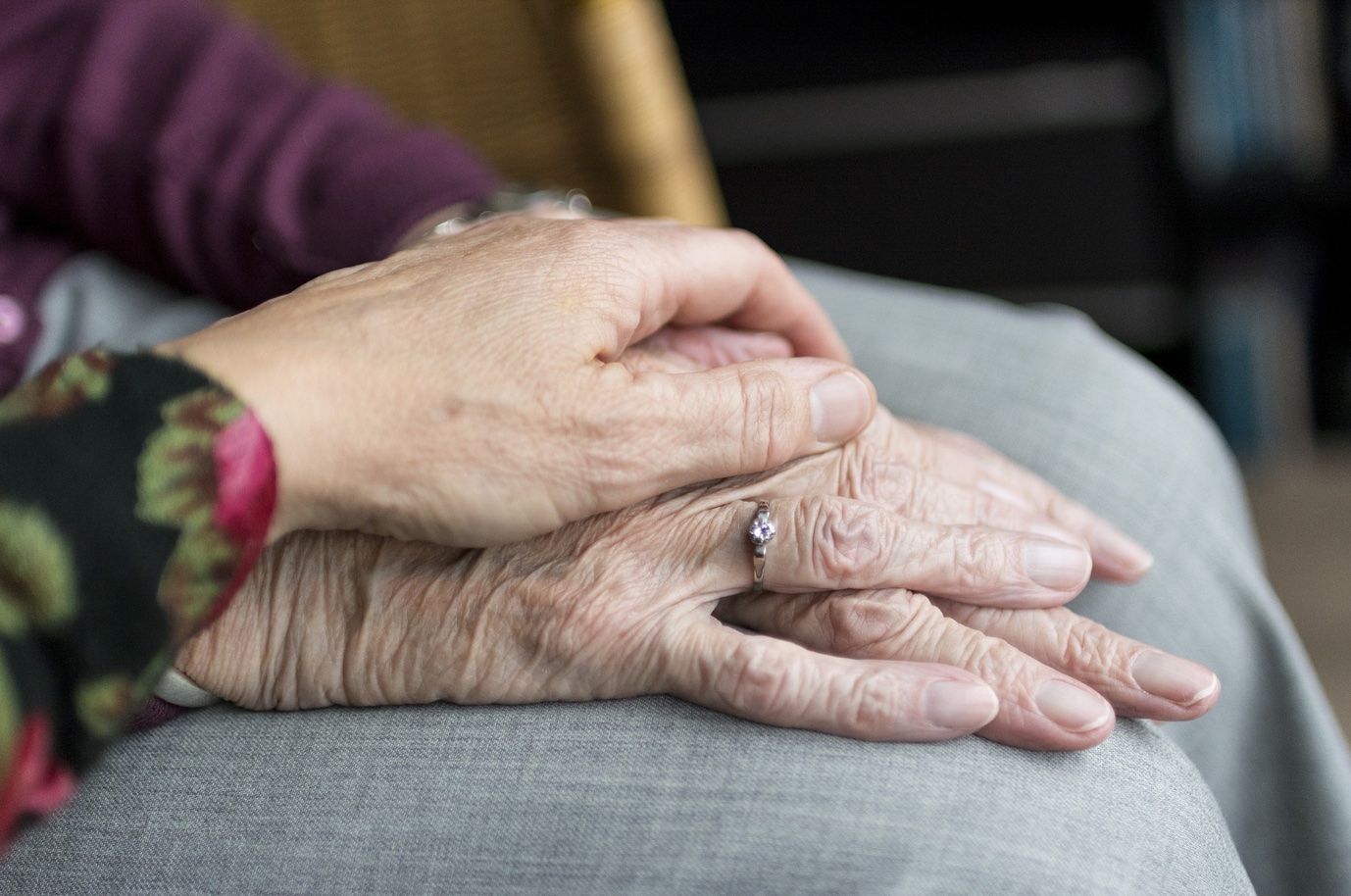As we reflect on the alarming statistics and personal stories of loss, protecting our elders requires vigilance, education, and legal safeguards.
World Elder Abuse Awareness Day on June 15 serves as a crucial reminder of the vulnerabilities faced by our senior and vulnerable adult population, particularly in the realm of financial fraud. This issue has reached alarming proportions, with seniors losing an estimated $3.1 billion annually to various scams and fraudulent activities. As we mark this day, it is important to take proactive measures to protect our loved ones.
The Rising Tide of Financial Exploitation
Financial fraud against seniors has surged dramatically in recent years. The FBI Internet Crime Complaint Center reports over 88,000 complaints of fraud from individuals aged 60 and over, resulting in a staggering $3.1 billion in losses. This marks an 84% increase in total losses since 2021. This increase is not just a statistic but a stark indicator of the growing threat targeting one of the most vulnerable segments of our population.
Seniors are often targeted due to their perceived financial stability and potential isolation. Scams range from impersonation schemes to investment scams. One form of exploitation that strikes particularly close to home involves the misuse of Powers of Attorney (POA).
The Double-Edged Sword: Power of Attorney
A Power of Attorney is a legal document that grants a designated individual the authority to make financial decisions on behalf of another person, often someone who is elderly, frail, or incapacitated. While a properly crafted POA can be a vital tool for managing the affairs of an incapacitated individual, it can also be a gateway to significant financial abuse if misused.
A broadly worded POA can lead to exploitation as the agent typically has access to the principal’s funds, property, and personal information. This authority allows the agent to make significant financial decisions, including large withdrawals, purchases or investments. In the wrong hands, this can result in devastating financial losses for the senior.
The misuse of POA is especially troubling because it often involves individuals who are trusted by the senior. According to the AARP 72% of the billions stolen from seniors are perpetrated by a friend, family member, or caregiver. This breach of trust makes it less likely for seniors to report such abuse, exacerbating the problem.
Staying Informed and Vigilant
To protect seniors from financial fraud, it is crucial to stay informed and vigilant. Regular communication with elderly loved ones is essential, especially for those who live far away or cannot visit frequently. Maintaining regular phone contact can help keep you updated on any significant financial changes they may be considering, such as signing a new POA or making large investments.

For those already overseeing a senior’s finances, it is vital to retain and regularly review bank statements, records, and other personal documents for any unusual activity. This proactive approach can help detect potential fraud early and mitigate its impact. Beware also of a senior’s online presence as the same can be compromised.
When it comes to drafting or changing a POA, it’s important to consult with an attorney. A well-crafted POA should be specific and tailored to the individual’s needs, ensuring it accomplishes exactly what is intended and nothing more. This minimizes the risk of abuse and ensures that the designated agent acts in the best interest of the senior.
Recognizing and Responding to Financial Abuse
Despite best efforts, financial abuse can still occur. Recognizing the signs of financial exploitation is the first step in addressing it. Warning signs include unexplained withdrawals from bank accounts, sudden changes in spending habits, or the disappearance of valuable possessions. If you suspect that a senior is a victim of financial abuse, it is crucial to act swiftly.
Contacting an attorney is an important first step. Legal professionals can provide advice on how to address the abuse and potentially recover lost assets. In addition to legal help, involving other trusted professionals, such as financial advisors or accountants, can offer additional layers of protection and oversight.
World Elder Abuse Awareness Day is an important reminder of the ongoing battle against financial fraud targeting seniors. As we reflect on the alarming statistics and personal stories of loss, protecting our elders requires vigilance, education, and legal safeguards. By staying informed, maintaining open lines of communication, and seeking professional advice, we can help ensure that our senior loved ones are protected from financial exploitation.


Join the conversation!